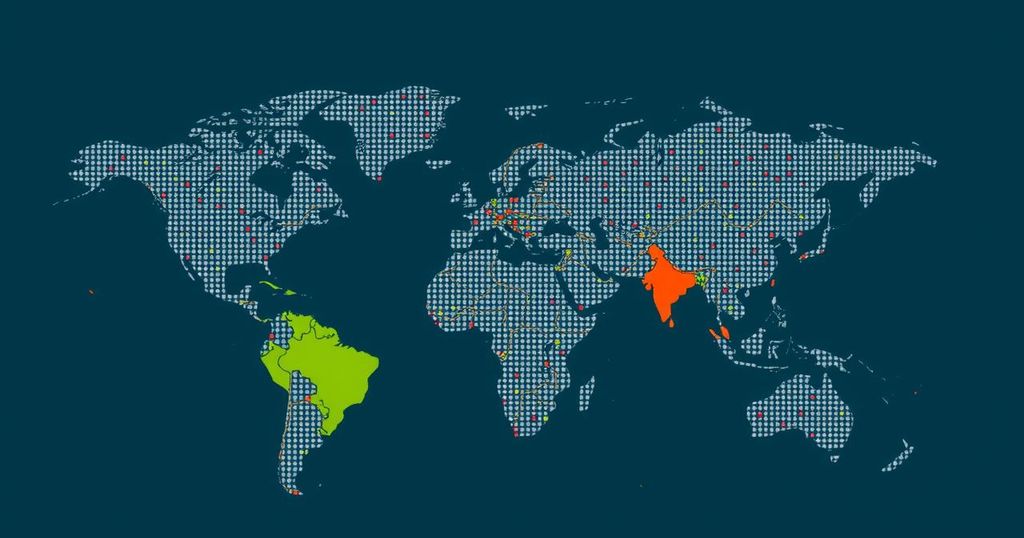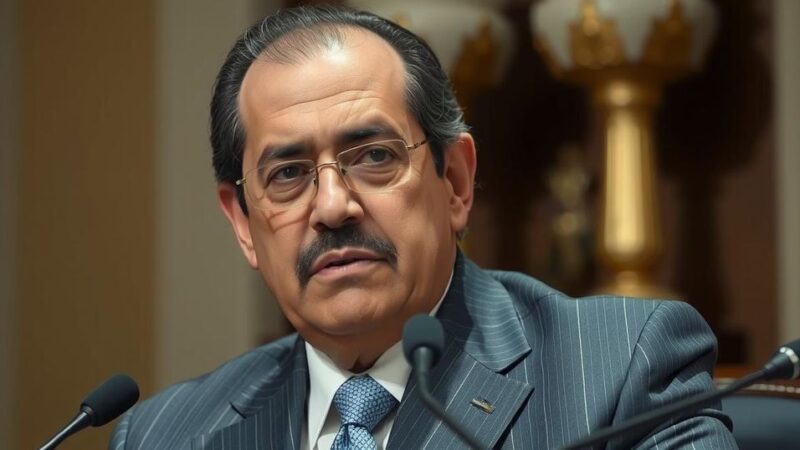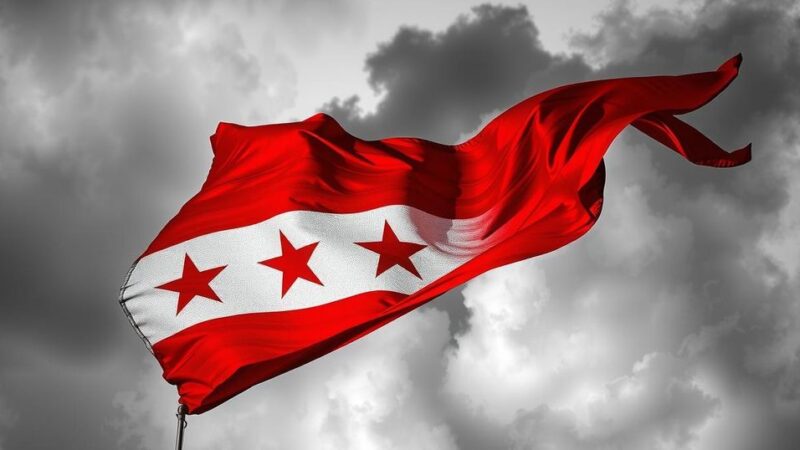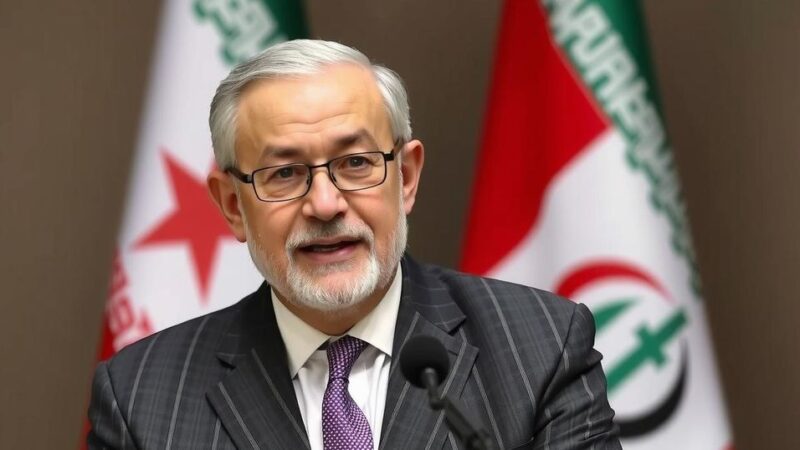In response to the inequities in global vaccine distribution revealed by the COVID-19 pandemic, researchers from the Global South, in partnership with the World Health Organization, have initiated an extensive effort to develop local capabilities for producing mRNA vaccines. This initiative aims to ensure autonomy in health crises, address health disparities, and prioritize regional needs for both current and future vaccination efforts.
As the pandemic revealed stark inequalities in global vaccine distribution, researchers from Africa, Asia, and South America united with the World Health Organization (WHO) to ensure that such disparities would not occur in future health crises. Aiming to reclaim their autonomy, they inaugurated an extensive initiative across 15 middle-income nations in the Global South, focusing on the production of messenger RNA (mRNA) vaccines not only for COVID-19 but for a myriad of other diseases, including yellow fever and tuberculosis. Despite recent decreases in demand for COVID-19 vaccines and shifting governmental priorities, efforts continue to foster local vaccine production capabilities. The mRNA vaccine technology transfer hub, as it is designated, aspires to break away from the competitive and secretive norms that have traditionally characterized the pharmaceutical industry. At a recent side event in Geneva, WHO coordinators reconfirmed their commitment to the initiative while discussing future funding strategies beyond the initial $117 million. The devastating consequences of vaccine inequity during the pandemic, which reportedly resulted in over a million deaths in the Global South, remain a substantial backdrop for the initiative. Ayoade Alakija, co-chair of the African Vaccine Delivery Alliance, emphasized, “Covid has put a magnifying glass upon the fissures and cracks in our world. This world is deeply, deeply unjust and inequitable.” In response, major pharmaceutical companies are establishing regional facilities, assuring commitments to allocate doses to poorer nations in future pandemics. The smaller entities involved in the initiative promise that their locally operated hubs would prioritize the needs of their home regions. The lessons learned from the pandemic underscore the importance of self-sufficiency as noted by Sotiris Missailidis, Director of Innovation at Bio-Manguinhos/Fiocruz, who stated: “The pandemic showed us that you cannot depend on others when the whole world is competing for a resource. We need to make our own.” Countries such as Argentina, Bangladesh, Brazil, India, Indonesia, South Africa, and Vietnam have since initiated the establishment of laboratories aimed at developing these crucial mRNA vaccines. Although funding primarily comes from Canada, France, and the European Commission, global cooperation remains vital for the initiative’s longevity. The hope is that this endeavor will not only address current vaccine needs but will also build sustainable health infrastructures equipped to manage potential future outbreaks effectively. The operational success of these hubs is intrinsic to their ability to respond rapidly when new health threats arise, with international experts advocating for continuous operation and development in preparation for the next pandemic.
In light of the COVID-19 pandemic, the vulnerabilities of low and middle-income countries regarding access to vaccines became glaringly apparent. Wealthy nations quickly secured substantial vaccine supplies, while poorer regions faced devastating health crises, underscored by a staggering number of preventable deaths. As a crucial response to this global inequity, researchers and health organizations came together to form collaborative initiatives aimed at establishing self-sufficient vaccine production capabilities within these at-risk regions. The focus on mRNA technology signifies a paradigm shift in vaccine development that promises to facilitate quicker and more effective responses to emerging infectious diseases. Through the establishment of technology transfer hubs, stakeholders aspire to create a sustainable framework that not only addresses immediate vaccination needs but also strengthens regional healthcare systems in anticipation of future health threats.
The mRNA vaccine technology transfer initiative represents a pivotal move toward rectifying historical inequities in global health access. By enabling local production of vaccines, the Global South can reclaim autonomy from pharmaceutical giants and, crucially, ensure that their populations are prioritized in future health emergencies. The commitment from international partners and local entities to foster this development suggests a promising trajectory toward a more equitable global health landscape, contingent on sustained support and political will. The collaborative efforts encapsulated in this initiative reflect a collective acknowledgment that national interests must be aligned with equitable health outcomes for all.
Original Source: www.washingtonpost.com







